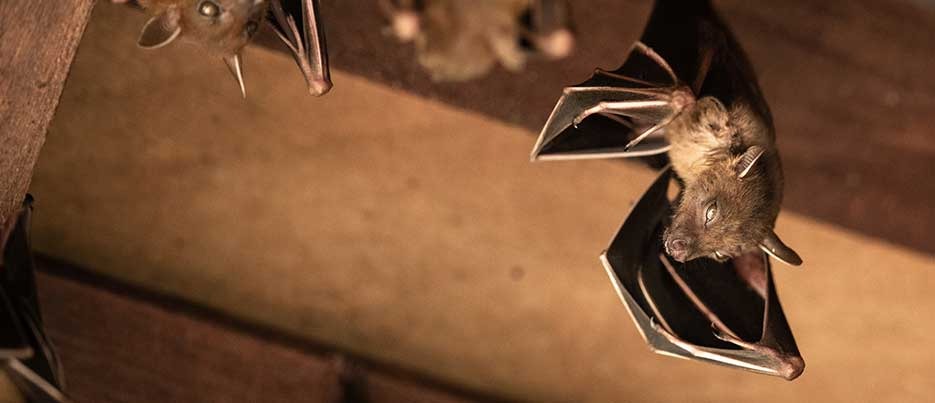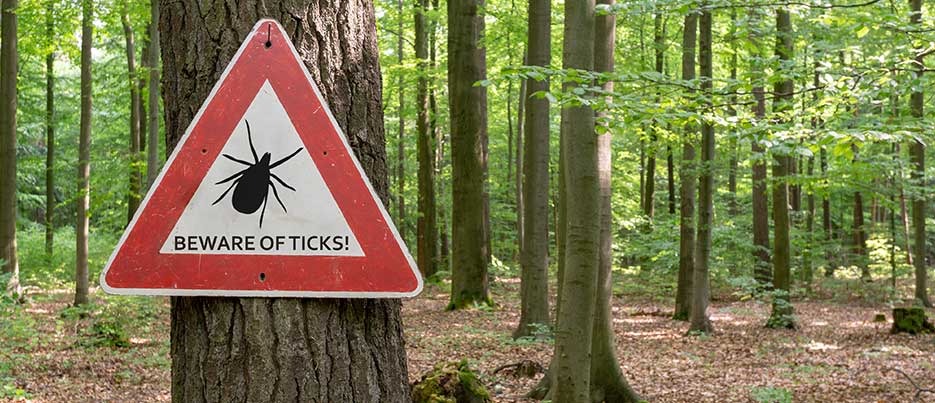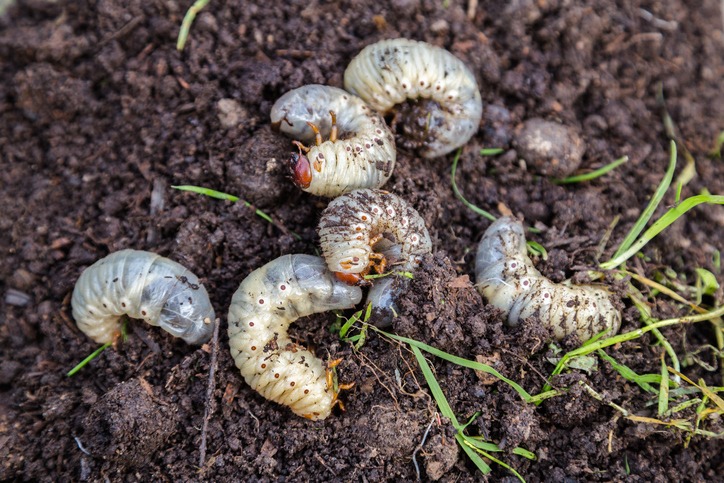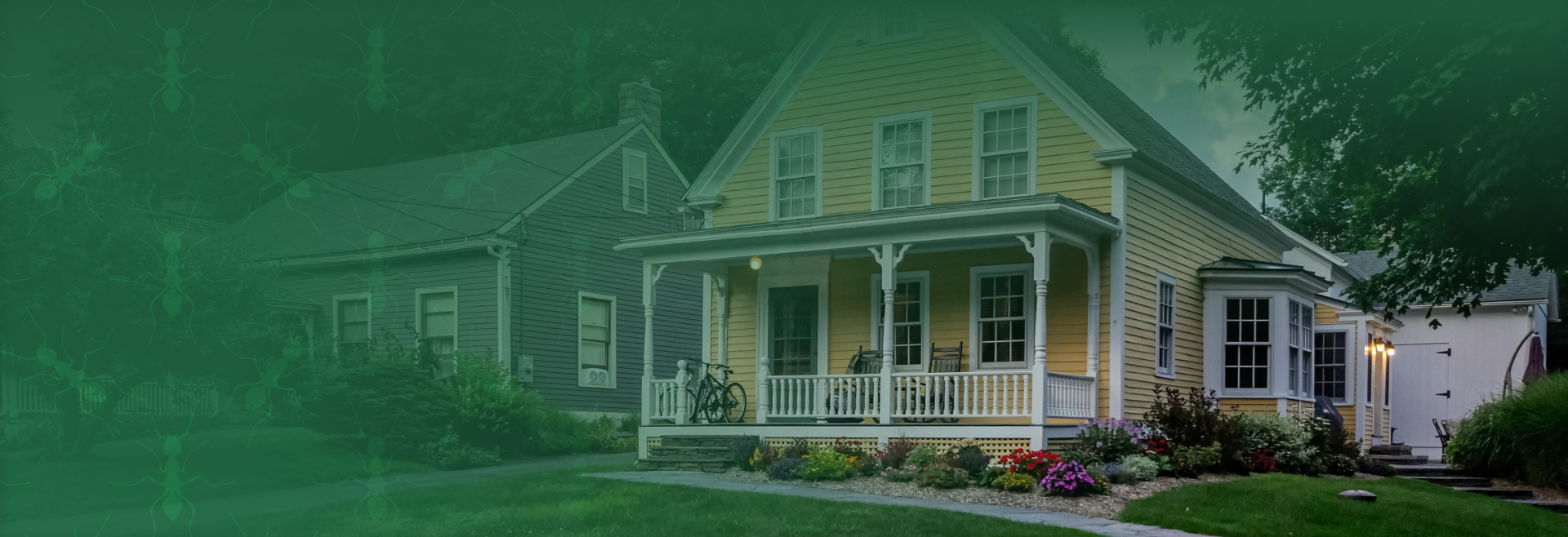

Worcester Pest Identification: Fungus Gnats
Protect Your Plants By Identifying & Managing Fungus Gnats Serving Central Massachusetts
Fungus gnats, belonging to the Sciaridae family, are small winged insects commonly found in moist environments with fungi and decaying organic matter. Typically 2-5 mm in length, they have a mosquito-like appearance with dark-colored bodies, long legs, antennae, and delicate transparent wings.
The life cycle involves four stages: egg, larva, pupa, and adult. Larvae, small, white, and worm-like, reside in the top layer of soil or decaying organic material, feeding on fungi, decaying plant matter, and plant roots.
Prevalent in high humidity environments, especially in overwatered houseplants or greenhouses, fungus gnats can be a nuisance as adults. While adult gnats are mostly harmless, their larvae may damage plants, particularly seedlings, by feeding on root hairs and hindering plant growth, though significant damage is relatively uncommon.
Control measures include letting soil dry out between waterings, reducing moisture, and removing decaying organic matter. Additional methods involve placing a layer of sand or indoor mulch around plants and using a hydrogen peroxide solution (3% hydrogen peroxide with four parts water) to kill larvae in infected soil. Adult gnats are attracted to light but are generally considered more of an annoyance than a serious threat to plants or human health.
Understanding their lifecycle and habitat preferences is crucial for effective control, especially in plant-focused settings. Key strategies involve reducing moisture and improving soil conditions to prevent and manage fungus gnat populations.
Central Mass Trusts Us. See Why.
-
J"I've used Fords Hometown Services a few times for carpenter Ants and I have always been impressed with the results. They are the Gold standard in pest control!"Josh R.
-
K"Easy to schedule, showed up on time, and provided report immediately. The technician, Bob was knowledgeable and polite. Highly recommend Ford Hometown Services."Kerstin B.
-
S"Was expecting Ben, was sent Dean and was pleasantly surprised because he is a really personable guy and did an excellent job! Very satisfied with the thorough job he did, and his attention to detail. Look forward to having either him or Ben in the future."Stephanie D.
-
D"Ford’s Hometown Services has done an awesome job with my lawn. The team is professional, reliable and the results speak for themselves. My yard had never looked better. Highly recommended!"Denise M.
-
L"Dean was wonderful! He explained everything as we walked around, showed me what he was looking for. Was prompt, thorough and efficient!"Lori A.
-
J"The Ford's Hometown team texted me with their estimated arrival, arrived on time, quickly addressed the areas I requested and very pleasant during whole service time."Janie Q.
-
C"I cannot express my appreciation enough for Jeremy and Zack! I called about a hornet nest in the wall while my husband was in the emergency room for an allergic reaction to a sting he received while trying to deal with the situation. Jeremy gave me the earliest possible appointment two days out with the promise of a call if someone could squeeze us in sooner. Enter Zack. He came 2 1/2 hours later and dealt with the nest, putting us all at ease. Thank you, thank you, thank you! The BEST customer service."Clare
-
M"Zak & Bob Ford did an excellent job with the foundation termite treatment. They performed the work on a timely basis. They were very careful with the landscape around the foundation and all holes that were drilled in the driveway and concrete structures were carefully repaired. They were highly informative and professional, and took the time to answer all my questions. I would highly recommend Fords Hometown Services."Mike M.
-
M"My fall treatment was done yesterday by Justin. He is a young technician with one year of solid experience. We worked together to locate and check all the bait boxes for mice. Afterwards, Justin treated the exterior of the house. It is no surprise that continued treatments has almost eliminate all prior pest problem such as mice and hornets, I am very satisfied with my treatment service. It was a pleasure working with Justin, who is not only capable and knowledgeable but also friendly and willing to learn."M B.
Stay Ahead of Pests
Explore tips, local advice, and real answers from our Worcester team to help you protect your home, family, and property all year long.


